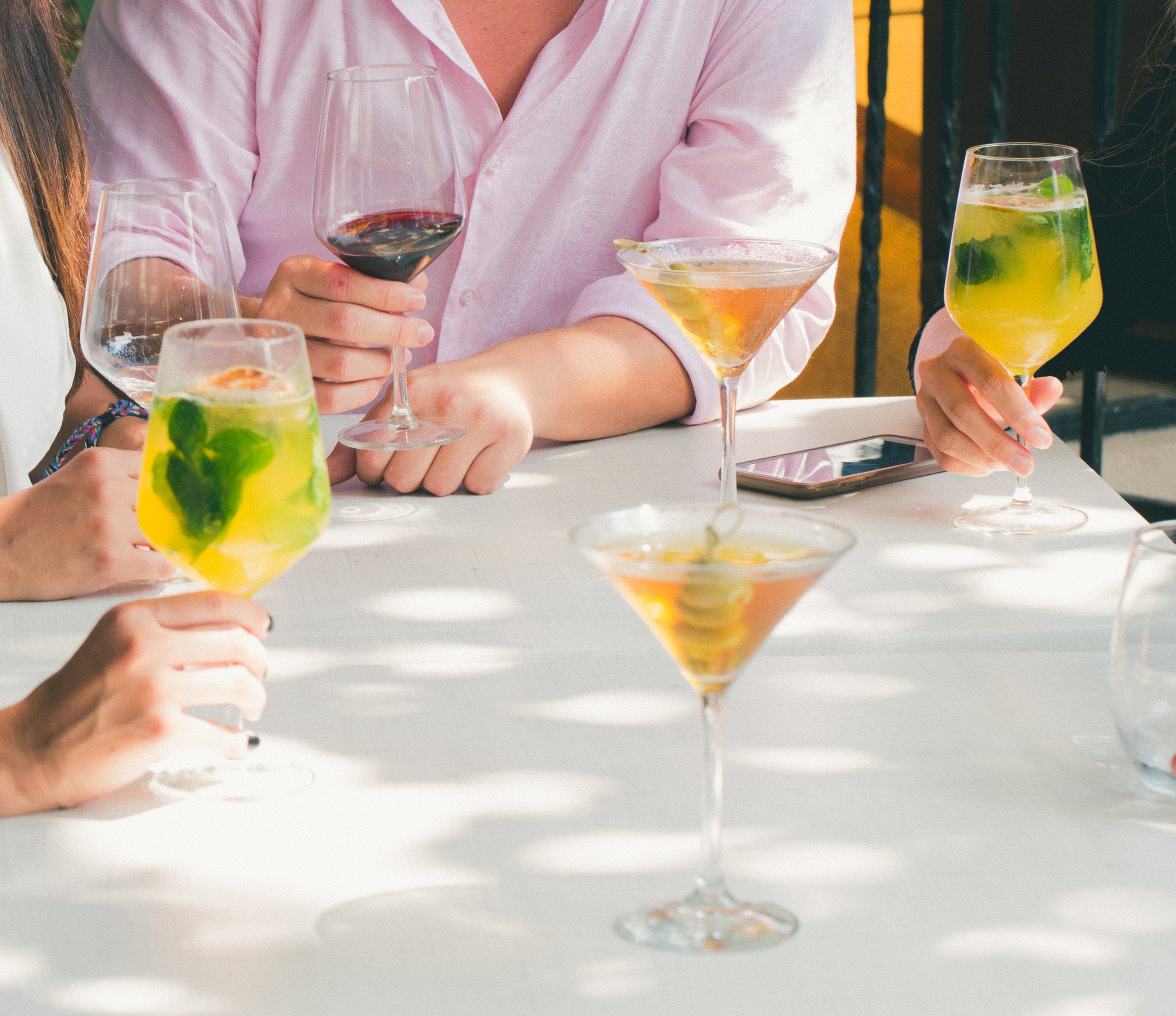Today, we were thinking about the variety of viewpoints we have seen (in books, in articles, etc.) on drinking and the right way to resolve a problem with excessive drinking.
There’s a lot more debate now than it seems like there used to be about questions like “can moderation work?” and “what is an alcoholic vs. a normal drinker?”
We decided to summarize three of our core beliefs about drinking here. Let us know what you think!
We believe that drinking nothing is better than drinking moderately, but drinking moderately is better than drinking to excess. If you drink moderately (within the NIAAA guidelines, which we also share in the Drinker’s Helper app), you’re far less likely to suffer from an addiction to alcohol, which is one of the worst downsides of excessive drinking. You also won’t put yourself at risk of injuring yourself or others via accidents, or making poor judgment calls after one too many. However, if you drink moderately, you are still exposing yourself to some health risk, as recent studies have shown (see previous blog posts).
We believe that there is a social stigma associated with changing your drinking behavior that should not exist. Partly this is down to an underlying desire to maintain a firm red line between “normal drinkers” and “alcoholics,” so that as a society we can avoid recognizing that alcohol is addictive, and that anyone who drinks at a certain level will likely get addicted. We believe this stigma results in people not making changes to their drinking until they’ve really messed up, and we’d all be better off if it was a more common, socially acceptable thing to do to take a break from drinking for a while. We believe most people who feel concerned about their own drinking levels will, if they carefully look at the evidence from their own experience, choose to drink moderately or quit entirely, rather than continue as they are.
We believe that excessive drinking is not a moral failing to be judged, but a behavior that naturally develops when we believe inaccurate things both about alcohol and about sobriety. We believe that as a society we push alcohol so hard, across so many channels and in so many hard-to-detect ways, that it takes real work to re-program ourselves to see faults in it. As a society we train ourselves to drink to escape, relax, or have fun, among other reasons for drinking. Sobriety sounds like dull suffering, by comparison, when in fact it’s one of the best feelings there is. The work of changing those thoughts is what we try to do in the exercises in Drinker’s Helper.
If you’ve decided to cut back or quit drinking, we’d love to offer a helping hand. Drinker’s Helper offers a library of motivational exercises, support groups made up of peers at the same level of risky drinking, and drink and urge tracking and insights to help you observe your behavior and decide what you want to do.





